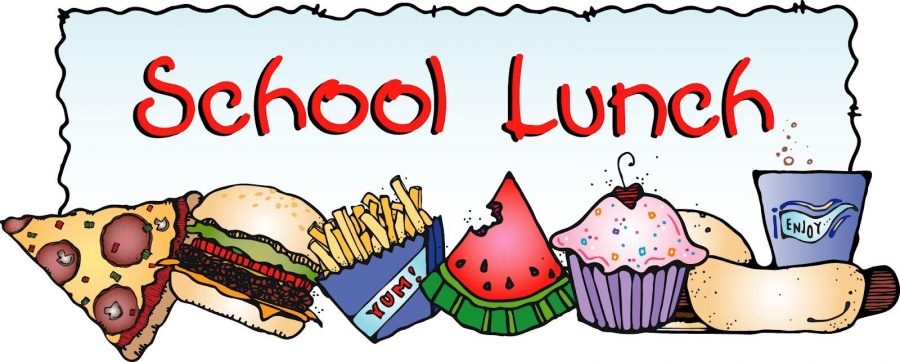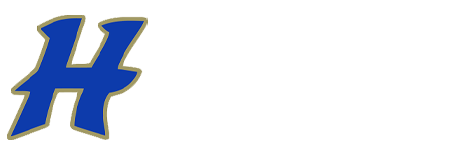
School Breakfast and Lunch menus https://huntingdonssdfoodservice.com/index
Please go to https://huntingdonssdfoodservice.com for more information
Prices
Breakfast
Lunch
Benefits of Breakfast
Eating breakfast can help improve math, reading, and standardized test scores. Children who eat breakfast are more likely to behave better in school and get along with their peers than those who do not. Breakfast helps children pay attention, perform problem-solving tasks, and improves memory.
Children who eat school breakfast are likely to have fewer absences and incidents of tardiness than those who do not. By eating breakfast, students get more of important nutrients, vitamins and minerals such as calcium, dietary fiber, folate and protein.
Studies have shown that children who eat breakfast on a regular basis are less likely to be overweight. Eating breakfast as a child is important for establishing healthy habits for later in life.
Schools that provide breakfast in the classroom to all students have shown decreases in tardiness and suspensions as well as improved student behavior and attentiveness.
What you eat for breakfast can have an impact on learning. One study showed that eating breakfast food high in fiber and low in sugar for breakfast helped students sustain the cognitive effects of breakfast.
School Breakfast provides ¼ the recommended amounts of protein, calcium, iron, vitamin A, and vitamin C for the day.
Breakfast is served daily!
Lunch is served daily!
Meal times are as follows: Kindergarten 10:50-11:20, 1st Grade 11:25-11:55, 2nd grade 12:00-12:30 and 3rd grade 12:35-1:05.
In accordance with Federal civil rights law and U.S. Department of Agriculture (USDA) civil rights regulations and policies, the USDA, its Agencies, offices, and employees, and institutions participating in or administering USDA programs are prohibited from discriminating based on race, color, national origin, sex, disability, age, or reprisal or retaliation for prior civil rights activity in any program or activity conducted or funded by USDA.
Persons with disabilities who require alternative means of communication for program information (e.g. Braille, large print, audiotape, American Sign Language, etc.), should contact the Agency (State or local) where they applied for benefits. Individuals who are deaf, hard of hearing or have speech disabilities may contact USDA through the Federal Relay Service at (800) 877-8339. Additionally, program information may be made available in languages other than English.
To file a program complaint of discrimination, complete the USDA Program Discrimination Complaint Form, (AD-3027) found online at: http://www.ascr.usda.gov/complaint_filing_cust.html, and at any USDA office, or write a letter addressed to USDA and provide in the letter all of the information requested in the form. To request a copy of the complaint form, call (866) 632-9992. Submit your completed form or letter to USDA by:
(1) mail: U.S. Department of Agriculture
Office of the Assistant Secretary for Civil Rights
1400 Independence Avenue, SW
Washington, D.C. 20250
(2) fax: (202) 690-7442; or
(3) email: program.intake@usda.gov.
This institution is an equal opportunity provider.
Check out this link for some great nutrition ideas!
Review and download these resources and use them to motivate moms to offer whole grains, low-fat milk and fruits and vegetables as part of family meals and snacks! Click here: www.fns.usda.gov/fns/corenutritionmessages/
Keep updated on the changes at www.fns.usda.gov/healthierschoolday.
Regards,
Robbie Carlton
Huntingdon Food Services Supervisor
